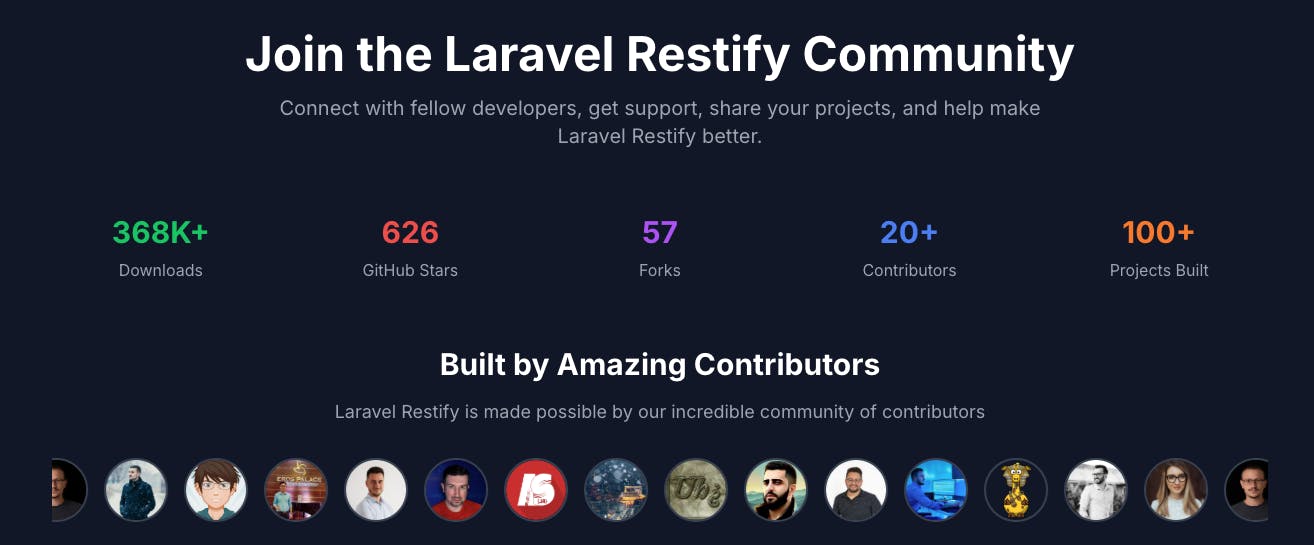The landscape of software development is changing at a speed that even seasoned developers find hard to keep up with. OpenAI’s Dev Day announcements made one thing clear: applications are no longer just apps. They are becoming context providers and tools for AI agents.
If you’ve been following the rise of Model Context Protocol (MCP), you know this isn’t just another hype wave. It’s a fundamental shift in how software will be built, consumed, and extended.
At BinarCode, together with Growee, we saw this wave coming. That’s why we built one of the most robust API builders out there, with MCP server support out of the box - so our clients are already ahead of the curve.
Let’s break down why this matters for developers, what you can gain, and what you risk if you don’t align with this new direction.
What OpenAI Announced: The App SDK & MCP
At OpenAI Dev Day, the spotlight was on the new App SDK, which allows developers to expose their applications directly to AI agents like ChatGPT, Claude, or Perplexity.
Here’s the catch: this isn’t entirely “new.”
- The principles were already laid out a year ago.
- What changed now is the packaging and developer experience: easier to set up, easier to consume, and with less friction for end users.
In simpler terms:
- Before → Apps were islands with their own APIs, dashboards, and integrations.
- Now → Apps are becoming first-class tools inside AI agents, accessible instantly via chat.
Why MCP Matters for Developers
MCP (Model Context Protocol) is the bridge between your app and the growing ecosystem of AI agents.
Imagine:
- Your CRM system is no longer a UI where users must log in, search, and click through menus.
- Instead, a user simply asks: “Hey, what’s the latest deal with Company X?” → The AI agent pulls directly from your CRM via MCP.
For developers, this shift means:
✅ Less boilerplate integration - no need to reinvent client libraries for every AI agent.
✅ Reusable tools - build once, connect everywhere.
✅ Frictionless adoption - users interact with your app naturally, in plain language.
✅ Future-proofing - as new AI agents join the ecosystem, your app is instantly compatible.
What You Lose If You Don’t Adapt
Ignoring this shift could put your product at a serious disadvantage.
❌ Invisible to users - If your app isn’t MCP-ready, it won’t show up in AI-powered workflows. Out of sight, out of mind.
❌ Higher maintenance costs - Custom integrations for each ecosystem will drain resources.
❌ Lost market opportunities - Competitors who adapt first will own the space inside AI agents.
❌ Developer churn - Your engineering team may waste time reinventing API access patterns instead of building value.
In other words, apps without MCP risk becoming irrelevant in the AI-first world.
How BinarCode & Growee Anticipated This Shift
This isn’t theory for us. For over 6 years, we’ve been working on Laravel Restify, a powerful API builder that streamlines backend development.
What makes Restify unique?
- 🚀 API generation at scale - Build complex APIs in minutes.
- 🛠️ MCP server built-in - Out of the box, your API can act as a plug-and-play MCP server.
- 🔄 Write once, reuse everywhere - Your APIs don’t just serve frontend apps - they are instantly consumable by AI agents.
- 🌍 Open source, free to use - You can start building right now: Laravel Restify.
This means our clients are already future-ready. Their applications are not only serving web and mobile clients but also exposing their capabilities directly to AI agents.

Practical Benefits for Developers
If you’re a developer, here’s what this really means for your daily work:
- Faster prototyping → Instead of building dashboards, you can expose endpoints and let AI agents handle user interaction.
- Less front-end pressure → The AI agent becomes the “UI,” reducing the need for complex front-end builds.
- Cleaner codebases → Avoid duplication of client SDKs and custom integrations.
- Better developer experience → Focus on business logic, not glue code.
Example Use Cases
- E-commerce
- Before: Users search products in your web store.
- Now: “Find me red sneakers under $100” → ChatGPT queries your store via MCP.
- SaaS CRM
- Before: Sales teams spend hours navigating dashboards.
- Now: “What’s the pipeline value for Q4?” → Claude pulls data directly.
- IoT & Smart Devices
- Before: Apps and dashboards for every device.
- Now: “Turn on the living room lights and set thermostat to 22°C.” → AI agent talks to your device APIs.
The Road Ahead
We believe this is just the beginning. Apps will increasingly act as tools in the AI ecosystem rather than standalone silos. Developers who embrace MCP today will:
- Gain visibility inside the most used AI platforms.
- Save time and resources on integrations.
- Future-proof their apps for the next generation of AI-native workflows.
Conclusion: Don’t Miss the Wave 🌊
The shift is happening now. OpenAI’s App SDK and MCP are not a “nice-to-have” - they’re the new baseline for modern development.
At BinarCode, we’re excited (and ready). With Laravel Restify, you can build APIs that are not only powerful but MCP-ready out of the box.
👉 Start here: Laravel Restify
👉 And if you want to go deeper, join our community chat or reach out. We’re happy to share insights and demos.
Empower AI agents to use your app as a tool - effortlessly.

